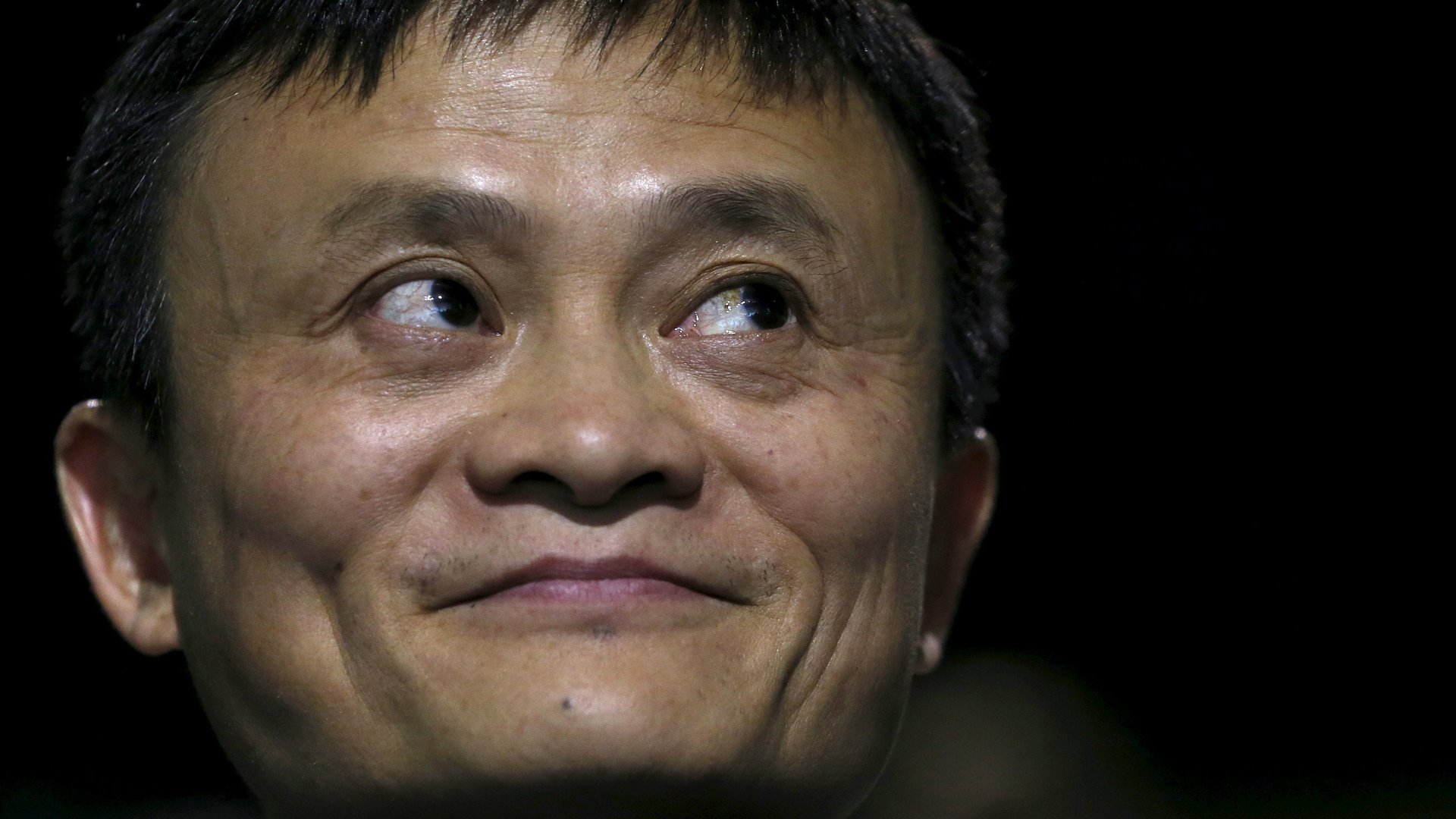Alibaba gets into the newspaper game by buying the influential South China Morning Post
Chinese e-commerce giant Alibaba has reached an agreement to buy the South China Morning Post, Hong Kong’s 112-year old English language newspaper, both companies confirmed. The deal’s terms have not been disclosed publicly, but the newspaper company is worth an estimated $100 million.


Chinese e-commerce giant Alibaba has reached an agreement to buy the South China Morning Post, Hong Kong’s 112-year old English language newspaper, both companies confirmed. The deal’s terms have not been disclosed publicly, but the newspaper company is worth an estimated $100 million.
The deal has been the subject of speculation for weeks, starting with a leak first published in English by the state-run China Daily.
In a statement, Alibaba executive vice chairman Joseph Tsai said the company plans to invest in the paper’s digital assets, and to remove the paywall that has limited the SCMP’s reach and influence.
Tsai also told the New York Times that the Chinese e-commerce giant wanted to use the paper to counteract the negative portrayal of China in the western media, saying, “What’s good for China is also good for Alibaba.” He also said that Alibaba would not interfere with the SCMP’s editorial independence—”two agendas that are seemingly at odds,” the Times noted.
The SCMP, like most print newspapers, has suffered from declining profits and circulation in recent years.
Yet Alibaba’s acquisition of the paper is less important for its business potential—it will be a small financial contributor to Alibaba’s growing empire—than for its political implications. As Hong Kong’s most prominent English-language newspaper, the SCMP is viewed by many as a “barometer of Hong Kong’s freedoms.” Overt censorship is rare in China’s special administrative zone, but journalists have complained about pervasive self-censorship, especially by publications owned by mainland business interests.
Full mainland Chinese ownership could potentially jeopardize the paper’s editorial freedom and impose a pro-Beijing slant on coverage.
Tsai addresses these concerns in his letter, writing:
Some have suggested that ownership by Alibaba will compromise the SCMP’s editorial independence. This criticism reflects a bias of its own, as if to say newspaper owners must espouse certain views, while those that hold opposing views are “unfit.” In fact, that is exactly why we think the world needs a plurality of views when it comes to China coverage. China’s rise as an economic power and its importance to world stability is too important for there to be a singular thesis.
Some skeptical Hong Kongers interpreted that to mean that the paper will carry a stronger pro-Beijing bias, even compared to its previous ownership under Malaysian businessman Robert Kuok, who has extensive interests on the mainland .
“Why take down the paywall? Simple, it’s a propaganda machine,” said one former Hong Kong newspaper executive who did not want to be named.